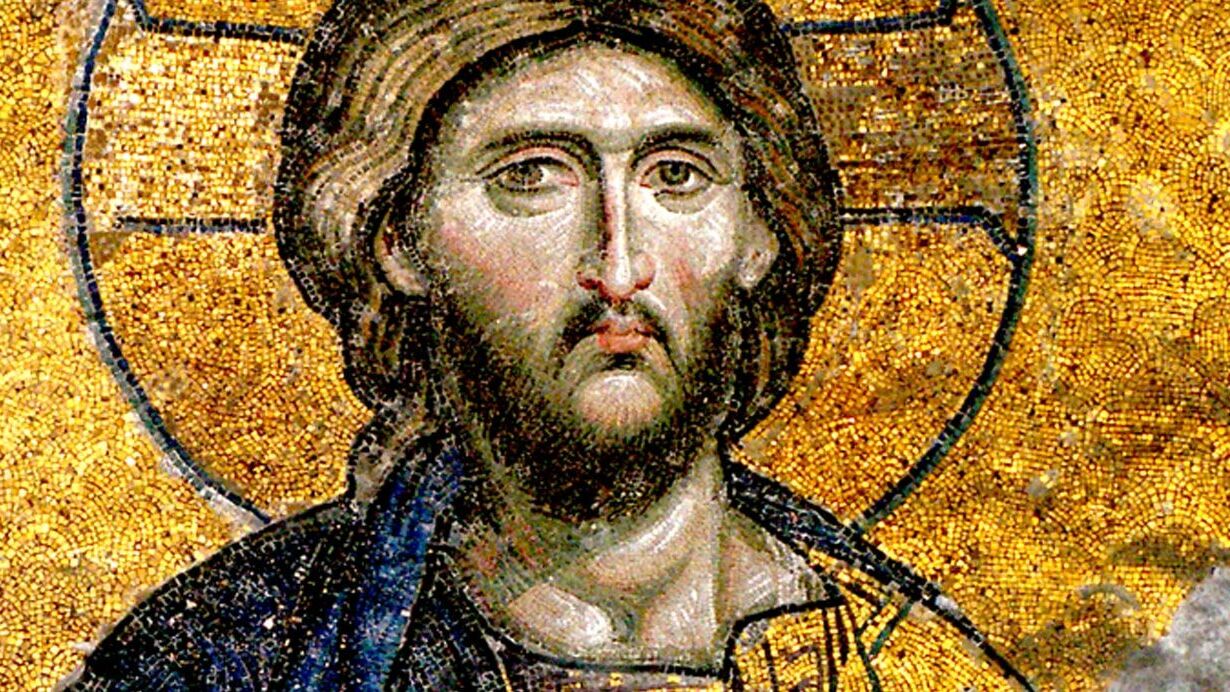
Curious about the roots of Christianity? You're in for a treat! Early Christianity is a subject rich with history, transformation, and profound beliefs that shaped the world as we know it. From its humble beginnings in the Middle East to becoming one of the world's major religions, the journey of Christianity is nothing short of remarkable. Facts about early Christianity reveal the struggles, the faith, and the unwavering spirit of its followers. Whether you're a history buff, a spiritual seeker, or simply love to learn, understanding these aspects offers insights into how Christianity spread its wings across continents. Ready to delve into a past that's both inspiring and enlightening? Let's uncover the story of early Christianity together, one fact at a time.
Origins of Early Christianity
Early Christianity emerged from a small Jewish sect in the first century. Its growth and development were influenced by various factors, including religious, social, and political contexts.
-
Jesus of Nazareth: The central figure of Christianity, Jesus, was a Jewish preacher who lived in the Roman province of Judea. His teachings and crucifixion laid the foundation for the Christian faith.
-
Apostles' Role: The apostles, particularly Peter and Paul, played crucial roles in spreading Jesus' teachings. They traveled extensively, establishing Christian communities across the Roman Empire.
-
Jewish Roots: Early Christianity was deeply rooted in Judaism. Many early Christians observed Jewish laws and customs, including the Sabbath and dietary restrictions.
Spread of Christianity
The rapid spread of Christianity can be attributed to several factors, including the Roman Empire's infrastructure and the appeal of its message.
-
Roman Roads: The extensive network of Roman roads facilitated the movement of missionaries and the dissemination of Christian texts.
-
Common Language: Greek was widely spoken across the Roman Empire, allowing for easier communication and the spread of Christian teachings.
-
Urban Centers: Christianity initially spread through major urban centers like Rome, Antioch, and Alexandria, where diverse populations were more open to new ideas.
Persecution and Martyrdom
Early Christians faced significant persecution, which paradoxically helped strengthen and spread the faith.
-
Nero's Persecution: The Roman Emperor Nero blamed Christians for the Great Fire of Rome in 64 AD, leading to widespread persecution and martyrdom.
-
Martyrs' Influence: The courage and faith of martyrs inspired many to convert to Christianity, viewing their sacrifices as a testament to the truth of the faith.
-
Catacombs: Early Christians often worshipped in secret, using underground catacombs to avoid detection by Roman authorities.
Early Christian Texts
The development of Christian texts was crucial for the faith's growth and doctrinal formation.
-
New Testament: The New Testament, composed of the Gospels, Acts, Epistles, and Revelation, was written between the first and second centuries, providing a theological foundation for Christianity.
-
Pauline Epistles: Letters written by Paul to various Christian communities addressed theological issues and provided guidance, significantly shaping early Christian doctrine.
-
Gnostic Texts: Some early Christians followed Gnostic beliefs, which emphasized secret knowledge and spiritual enlightenment. These texts were later deemed heretical by orthodox Christianity.
Early Christian Practices
The practices and rituals of early Christians set them apart from other religious groups and helped define their identity.
-
Baptism: Baptism was a central rite of initiation for early Christians, symbolizing purification and entry into the Christian community.
-
Eucharist: The Eucharist, or Communion, commemorated Jesus' Last Supper and was a key aspect of early Christian worship.
-
House Churches: Early Christians often met in private homes for worship and fellowship, fostering close-knit communities.
Councils and Creeds
The formation of councils and creeds helped unify and define Christian beliefs.
-
Council of Nicaea: Convened in 325 AD, the Council of Nicaea addressed the Arian controversy and established the Nicene Creed, affirming the divinity of Jesus.
-
Apostles' Creed: One of the earliest creeds, the Apostles' Creed, summarized core Christian beliefs and was used in baptismal rites.
-
Council of Chalcedon: Held in 451 AD, this council defined the dual nature of Christ, both fully divine and fully human.
Influence on Society
Early Christianity had a profound impact on the social and cultural fabric of the Roman Empire.
-
Charity and Almsgiving: Early Christians were known for their charitable works, providing aid to the poor, sick, and marginalized.
-
Role of Women: Women played significant roles in early Christian communities, serving as deacons, prophets, and leaders of house churches.
-
Monasticism: The rise of monasticism in the fourth century saw Christians withdrawing from society to live lives of prayer and asceticism, influencing Christian spirituality.
Legacy of Early Christianity
The legacy of early Christianity continues to shape the modern world in various ways.
-
Christian Art: Early Christian art, including frescoes, mosaics, and sculptures, depicted biblical scenes and saints, influencing Western art traditions.
-
Christian Holidays: Many Christian holidays, such as Christmas and Easter, have roots in early Christian traditions and continue to be widely celebrated today.
Piecing Together Early Christianity's Mosaic
We've journeyed through a landscape rich with history, uncovering 23 facts about early Christianity that paint a vivid picture of its origins and evolution. From its humble beginnings in the Middle East to its spread across the Roman Empire, early Christianity's story is a testament to the power of faith and the human spirit. These facts not only offer a glimpse into the religious practices and beliefs of the time but also highlight the challenges and triumphs faced by early Christians. As we reflect on these insights, we gain a deeper appreciation for the complex tapestry of history that has shaped modern Christianity. It's clear that the roots of this faith are deeply intertwined with the cultural, political, and social fabric of the ancient world, offering endless avenues for exploration and understanding.
Was this page helpful?
Our commitment to delivering trustworthy and engaging content is at the heart of what we do. Each fact on our site is contributed by real users like you, bringing a wealth of diverse insights and information. To ensure the highest standards of accuracy and reliability, our dedicated editors meticulously review each submission. This process guarantees that the facts we share are not only fascinating but also credible. Trust in our commitment to quality and authenticity as you explore and learn with us.


